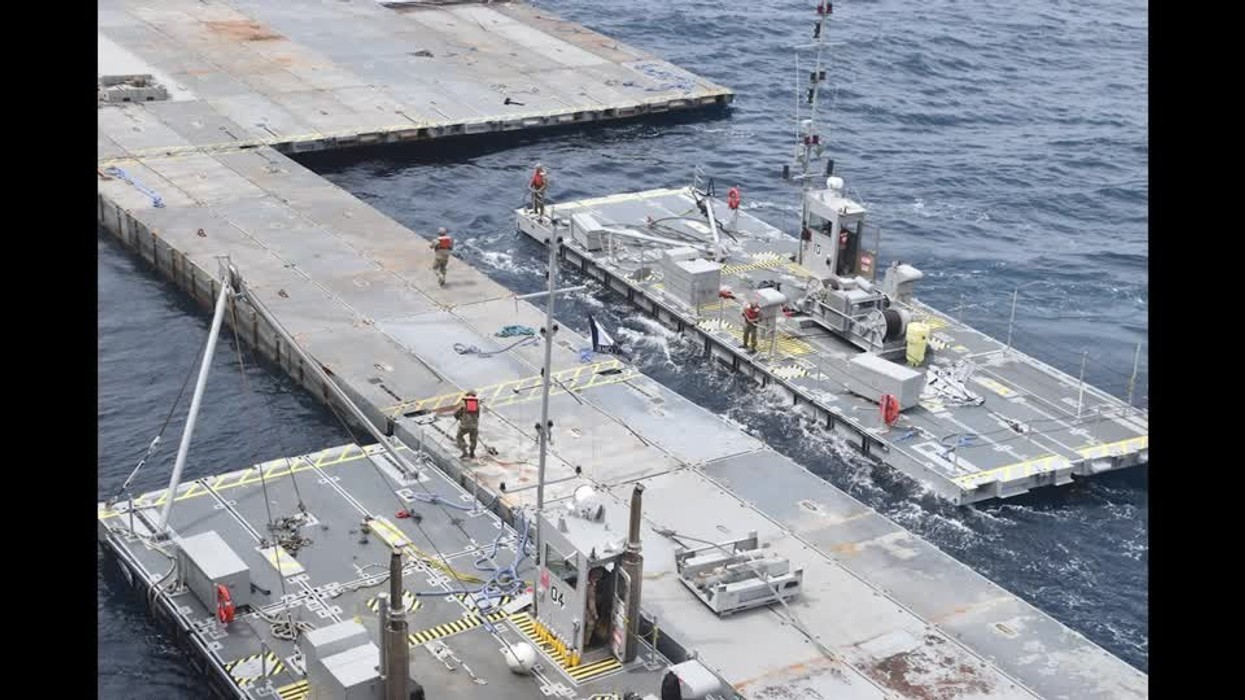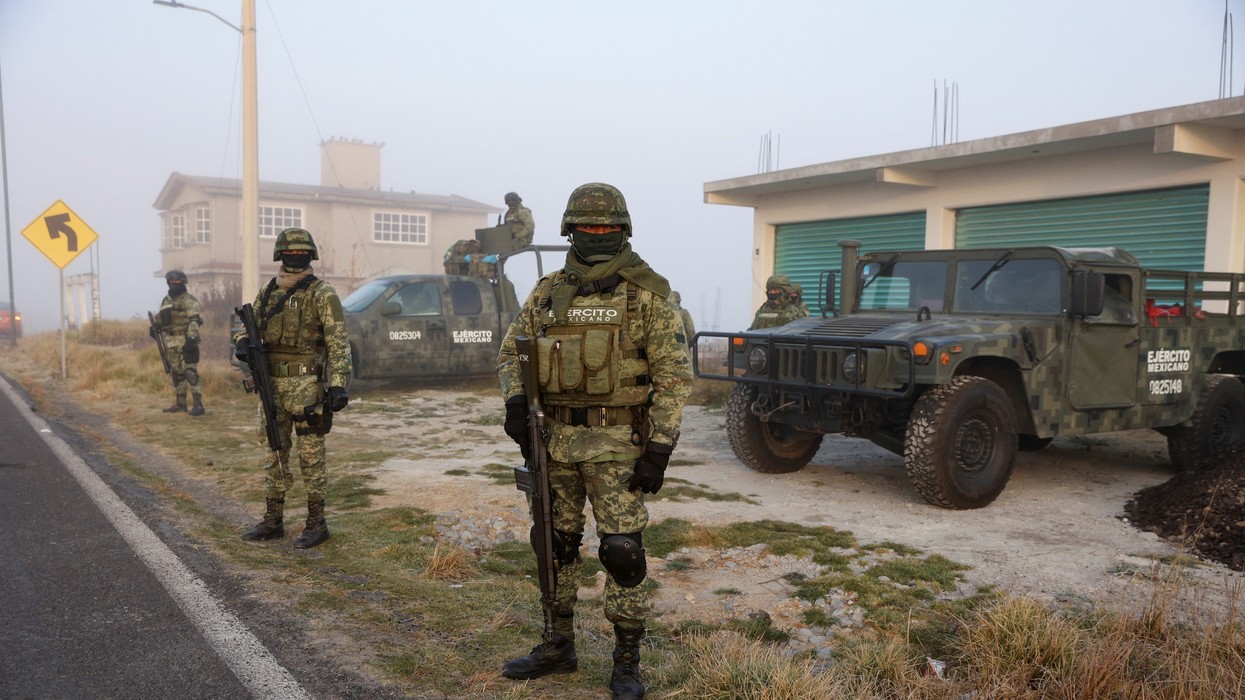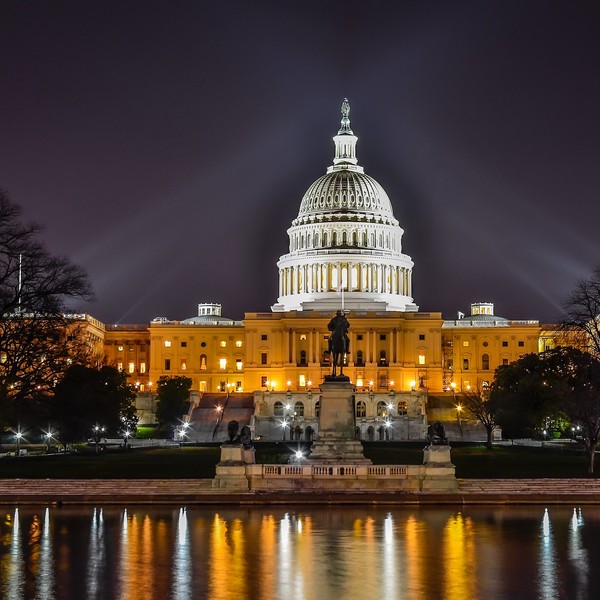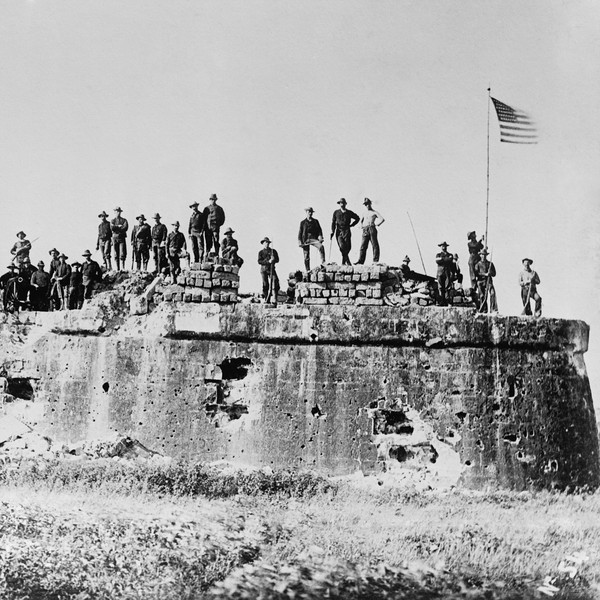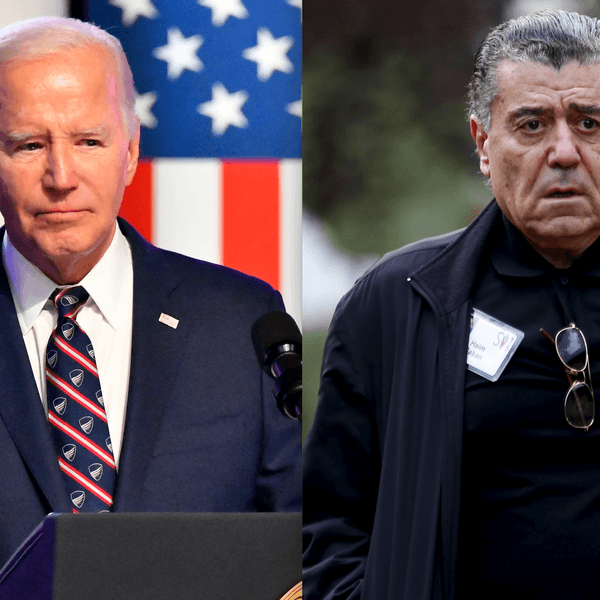On December 9, Al-Monitor reported that Turkey plans to appoint a new ambassador to Israel. The expected ambassador, Ufuk Ulutas, is the chairman of the Center for Strategic Research at Turkey’s Ministry of Foreign Affairs. Ulutas speaks Hebrew and is an alumnus of Hebrew University in Jerusalem. He is also a resolute supporter of Turkish President Recep Tayyip Erdogan’s policies, as he was a research director at Ankara’s pro-government SETA Foundation and is known to embrace “very pro-Palestinian” views on the Israel-Palestine conflict.
Turkey’s proposed appointment of one of its most promising diplomats as ambassador to Israel is intriguing, as Turkey-Israel bilateral relations are at historic lows. However, it also reflects Erdogan’s two-track policy towards Israel. This policy appeals to anti-Israeli sentiments at home and guards against a potential Israeli threat to Turkey’s interests abroad.
To pander to the Justice and Development Party (AKP) base, Erdogan has escalated tensions with Israel by condemning the Abraham Accords, engaging with Hamas and criticizing Israel in the United Nations. Notwithstanding this hostile rhetoric, Turkey wants to expand its trade links with Israel and prevent Israel from taking aggressive steps to contain its geopolitical ambitions.
At the inception of Erdogan’s tenure as Prime Minister in 2003, Turkey-Israel relations were cordial. Despite Israel’s concerns about Erdogan’s Islamist leanings, Israel and Turkey carried out joint military exercises and shared military technology.
In January 2005, Erdogan met Israeli Prime Minister Moshe Katsav and shared Katsav’s alarm about Iran’s nuclear program. In November 2007, Shimon Peres became the first Israeli president to address the Turkish Parliament, underscoring the strength of Turkey-Israel relations at the time.
On Palestine, Erdogan was occasionally very critical of Israeli policy. These criticisms included Erdogan’s description of Israel as a “terrorist state” in 2004 and strident condemnation of Israel’s assassination of Hamas leader Sheikh Yassin. However, these disagreements were compartmentalized and only ephemerally impacted the broader trajectory of Turkey-Israel relations.
As Turkish public opinion towards Israel nosedived following Operation Cast Lead, a three-week war in 2008-09 between Israel and Hamas in the Gaza Strip, Erdogan’s anti-Israeli stance became increasingly strident. The souring of Turkey-Israel relations suited Erdogan’s domestic interests in two ways.
First, it allowed Erdogan to frame Turkey as the leading champion of the Palestinian cause within the Middle East. Second, it allowed Erdogan to blame Israel as an instigator of political unrest and economic distress in Turkey.
These narratives realigned Turkey’s policy towards Israel with public opinion and bolstered domestic support for Erdogan’s AKP. A Spring 2014 Pew Research survey showed that only 2 percent of Turks had a favorable opinion with Israel and 86 percent viewed Israel negatively. A 2018 Istanbul Bilgi University poll showed that 14 percent of Turks viewed Israel as the largest national security threat to Turkey, which was the second highest figure after the United States.
Turkey’s transition towards an activist pro-Palestinian stance was cemented following Israel’s May 2010 Gaza flotilla raid. Erdogan described Israel’s killing of 10 Turkish aid workers as an “act of inhumane state terrorism.”
In September 2011, Turkey expelled its Israeli ambassador until Prime Minister Benjamin Netanyahu apologized for the incident. When the dispute was finally resolved in June 2016, Turkey assumed a larger role in the Gaza Strip’s economic development and pledged to construct infrastructure projects in the besieged territory.
The expansion of informal relations between Israel and Gulf Arab countries, such as Saudi Arabia and the UAE, caused Turkey to step up its pro-Palestinian activism. In December 2017, Erdogan urged Muslim countries to recognize Jerusalem as Palestine’s capital and vowed to open a Turkish embassy in East Jerusalem.
Turkey also expanded its involvement in intra-Palestinian reconciliation talks, which included hosting a gathering of Hamas and Fatah representatives on September 22. Erdogan also insisted that Turkey would not allow Israel to annex the West Bank, even though Ankara is likely unable to deter Israeli expansionism.
In addition to highlighting its support for the Palestinian cause, the AKP rallied the Turkish public against an alleged Israeli threat to domestic stability. Turkey’s Deputy Prime Minister Besir Atalay blamed the 2013 Gezi Park protests on collusion between the “Jewish diaspora” and foreign media.
Pro-AKP activists accused Israel of collaborating with the United States and United Kingdom on instigating the 2016 Turkish coup attempt and described Fethullah Gulen as a “pawn” of these foreign powers. Citing 2018 comments from Bar-Ilan University academic Edy Cohen, Turkish media outlets regularly accuse the “the Jewish lobby” of triggering the lira’s devaluation and Erdogan has obliquely referred to an “interest-rate lobby” in public speeches.
While Erdogan’s anti-Israeli posturing aligns with Turkish public opinion and bolsters domestic support for the AKP, it has caused alarm within the Israeli security establishment. Earlier this year, Mossad head Yossi Cohen reportedly told intelligence officials from Egypt, Saudi Arabia, and the UAE that “Iranian power is fragile, but the real threat is from Turkey.”
Israel’s trepidations about Erdogan’s conduct were confirmed by the Israel Defence Forces’ assessment of Turkey as a “challenge” in January 2020 for the first time. Israel is also concerned by Hamas’s operation of a Turkish facility for cyberattacks and counterintelligence operations.
Turkey similarly views Israel as a growing strategic threat. Merve Sebnem Oruc, a prominent Turkish commentator, argued in an August 20 column for The Daily Sabah that the UAE’s normalization with Israel was aimed at Turkey. She asserted that both Israel and the UAE have aligned against Turkish democracy promotion efforts in the Middle East since the Arab Spring. Israel’s November 13 deal to bolster trilateral security cooperation with Greece and Cyprus exemplified its desire to restrict Turkish influence in the eastern Mediterranean.
A prolonged state of geo-strategic contestation between Turkey and Israel does not suit Ankara’s interests, as it jeopardizes lucrative commercial deals and further stretches Turkey’s military capabilities in the eastern Mediterranean. In May, the Turkey-Israel Business Council expressed optimism about an increase in bilateral trade following the COVID-19 pandemic.
This confidence has empirical validity, as Turkish food and beverage exports to Israel expanded in 2020. Turkey and the UAE are also competing for the purchase of Haifa’s port, as Turkish conglomerate Yildrim clashes with an Emirati rival that cooperates with Israel Shipyards. In addition, as the Turkish military carries out military operations in northern Syria and Libya, as well as prospective combat duties in Iraq and Nagorno-Karabakh, it cannot afford to balance against Israeli military capabilities in the eastern Mediterranean.
As Erdogan wants Turkey-Israel trade volumes to surpass the $6.2 billion peak achieved in 2018 and prevent the Turkish military from becoming overstretched, Ulutas’s potential appointment as ambassador benefits Turkey’s interests. Lingering mistrust between Turkey and Israel ensures that a return to the cooperative bilateral relationship of Erdogan’s first years in power is illusory. However, recent developments suggest that there is a narrow window of hope for a de-escalation of Turkey-Israel tensions in 2021.


